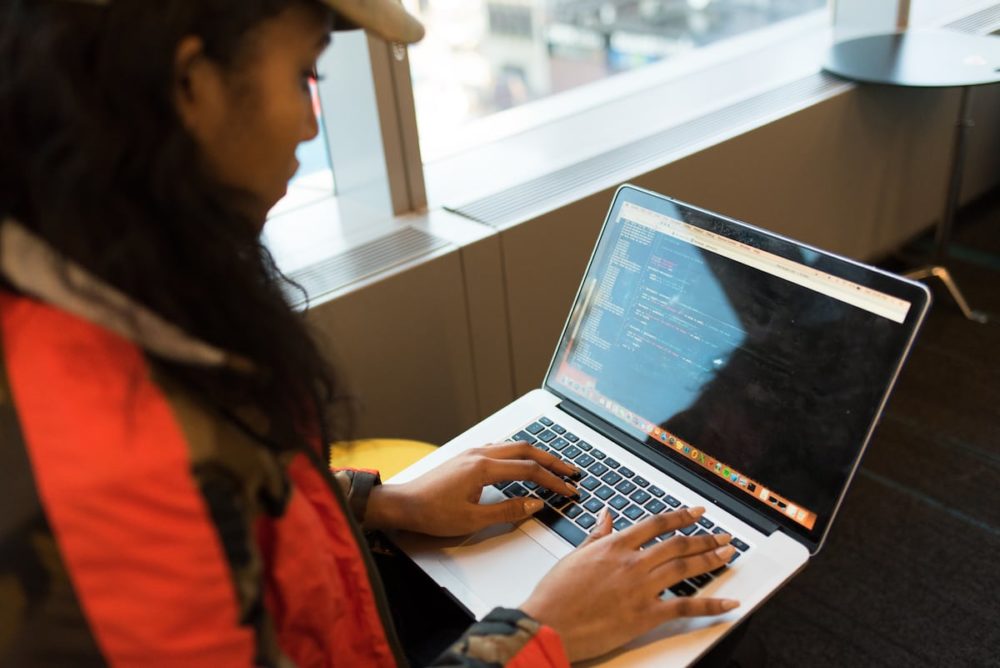A collection of tech and social justice organizations in Philadelphia are behind a brand-new hackathon that will aim to build solutions for the civil code system and issues related to housing and the environment.
The Social Justice Hackathon, hosted on Drexel University’s campus at 3320 Market St. the weekend of Oct. 28, will bring in students, programmers and other “civil-minded hackers” to work with justice advocates, public servants and community legal providers on a handful of community issues. Though the solutions will be technology enabled, those without coding experience are also welcome to join, and the experience is free for all participants.
Over 36 hours, participants will use problem-solving tactics and technology skills to address challenges across Philadelphia. One of the event’s organizers, Alice Walsh, who co-organizes R-Ladies Philly, said the group has identified a few themes: “Modernizing the Civil Code System,” “Housing Justice” and “Environmental Justice,” though there aren’t full descriptions of the prompts available yet.
Participating organizations include R-Ladies Philly, Drexel’s Kline School of Law, University of Pennsylvania‘s Carey School of Law, the Institute for Law Innovation and Technology at Temple University, Villanova University’s Charles Widger School of Law, Code for Philly, Community Legal Services, the Philadelphia chapter of LegalHackers.org, and Claudia Johnson, co-instructor of ATJ Tech Fellows.
After an opening reception on Oct. 28, and an intensive sprint, participants can form teams and have the option to either work on their own ideas or on case challenges provided by the community partners. Teams will have access to mentors and hear from speakers throughout the hackathon, and the event will conclude with final presentations before a panel of community judges.
Winning teams will receive small monetary prizes and where possible, connections to organizational support and key partners to further develop the solutions they created during the weekend.
The organizing groups came together quite organically, Walsh said. She hopes the participant orgs are presented with solutions that bring people together, and that the event can form some longer-term initiatives that “could have homes” with orgs like Code for Philly, R-Ladies and LegalHackers.
“Hackathons can be really challenging because the ‘solutions’ are ephemeral,” Walsh said in a Slack message to Technical.ly. “So we are trying to set expectations that we are looking for fresh ideas, but it might take follow up to really implement them.”
Miguel Willis, innovator in residence at Carey School of Law, said that he hopes participants collectively realize their impact through and generate actionable solutions that are responsive to real justice issues facing residents and community legal partners. He’s also hoping they find a sustainable way to continue hacking toward these solutions.
Success would also look like prioritizing elevating voices and communities most impacted by the issues and incorporating a wide diversity of participants.
“Beyond the technical solutions generated during and after the hack, success looks like a balanced mix of learning, sharing, hacking,” he said.
Register here






